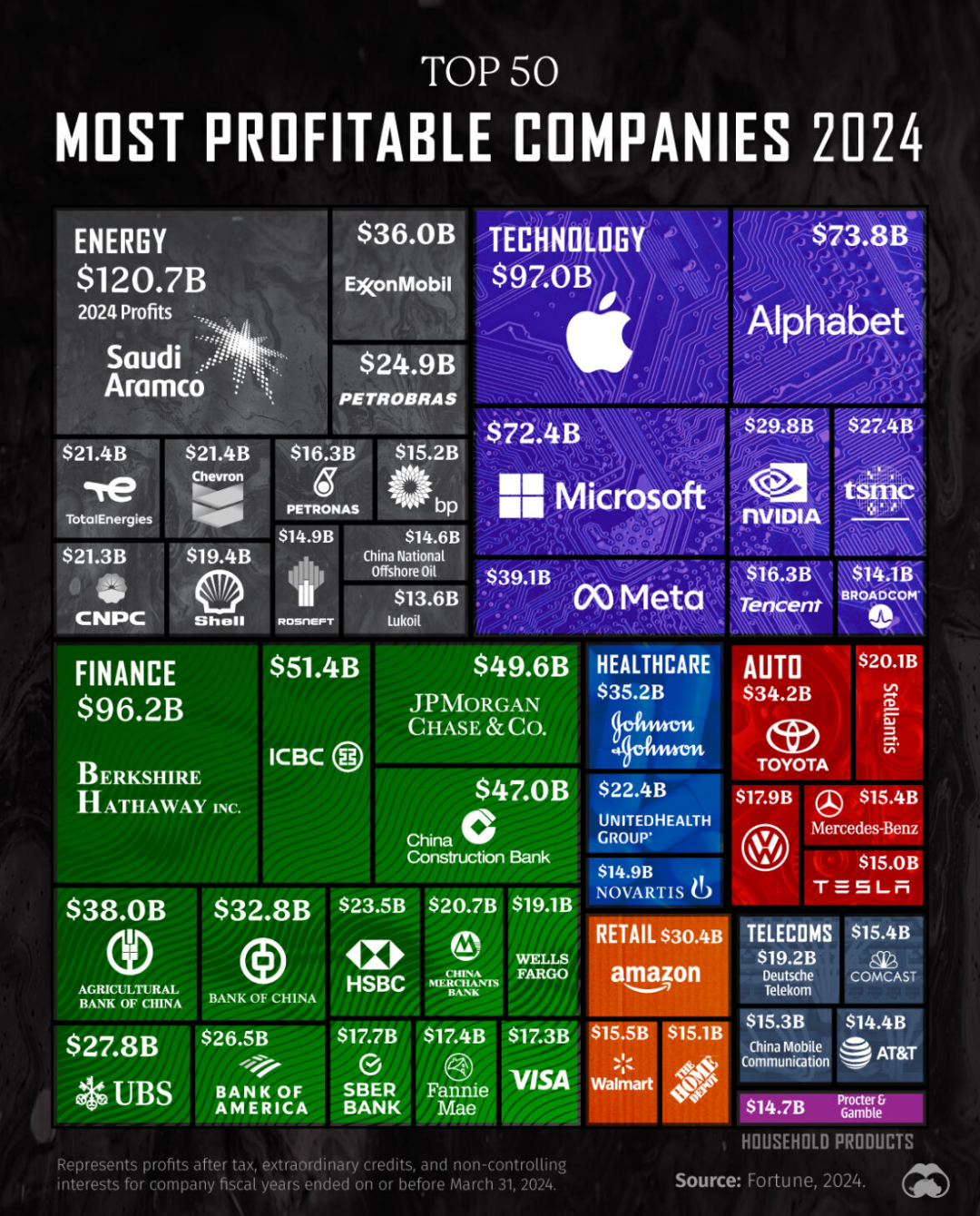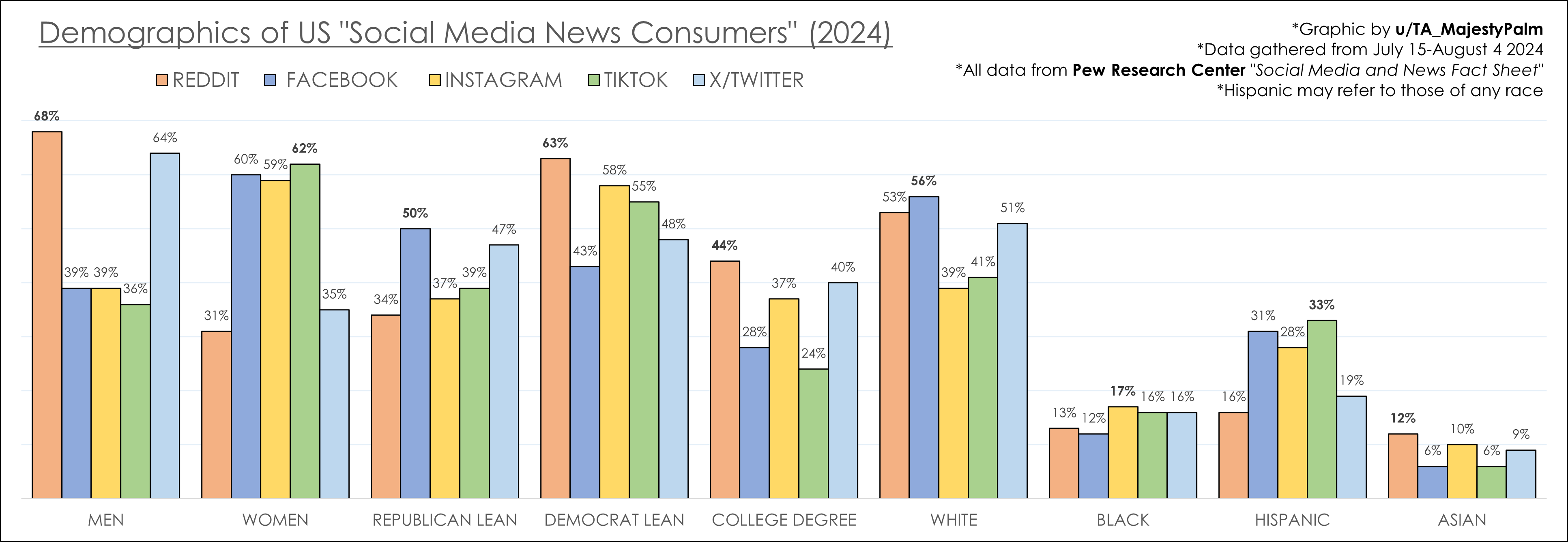Are some companies simply never satisfied, constantly on the hunt for the next big thing?
In the world of corporate expansion, the relentless pursuit of innovation and market dominance leads to a staggering number of startup acquisitions each year. Companies like Alphabet, Cisco, and Apple are racing ahead, scooping up startups with fervor.
Alphabet tops the list with 222 acquisitions, valued at $16.6 billion, while Cisco follows closely with 140 acquisitions at a whopping $50.1 billion. But why are these major players so focused on acquiring startups?
Discover the driving forces behind these power moves and explore which companies are emerging as the top startup acquirers in today's dynamic market.
Top Companies Acquiring the Most Startups
Alphabet is at the forefront of startup acquisitions, boasting 222 acquisitions valued at $16.6 billion. This makes Alphabet the most aggressive acquirer in the tech industry. Following closely is Cisco, with 140 acquisitions amounting to $50.1 billion, showcasing its strategy of expanding through acquisitions to bolster its technological portfolio. Accenture, a consulting giant, has made 119 acquisitions, reflecting its commitment to diversifying its service offerings. Meanwhile, Apple has acquired 102 startups, with a total value of $6.5 billion, often focusing on integrating innovative technologies into its ecosystem. Meta and IBM also play significant roles in the acquisition landscape, with acquisition values of $23.5 billion and $21.5 billion, respectively, demonstrating their strategic investments in enhancing capabilities and market reach.
North American companies are leading the charge in startup acquisitions, with a notable concentration in Silicon Valley. This region alone accounts for about a third of all startup acquisitions, highlighting its status as the epicenter of technological innovation and investment. The geographical trend underscores the importance of the North American market in driving global acquisition activities, with major tech companies like Alphabet and Apple headquartered in this hub. The dominance of Silicon Valley companies in the acquisition landscape is a testament to the region's robust ecosystem that fosters innovation, collaboration, and growth.
- Alphabet: 222 acquisitions, $16.6 billion
- Cisco: 140 acquisitions, $50.1 billion
- Accenture: 119 acquisitions
- Apple: 102 acquisitions, $6.5 billion
- Meta: $23.5 billion in acquisitions
- IBM: $21.5 billion in acquisitions
Key Motivations Behind Startup Acquisitions
Why do companies acquire startups? To maintain market dominance and expand service offerings. Companies like Facebook and Google exemplify this strategy. Facebook's acquisition of Instagram was pivotal for its mobile growth, allowing it to capture a younger demographic and enhance its social media ecosystem. Similarly, Google's purchase of Android was a strategic move to secure a foothold in the mobile operating system market, providing a platform for its services and ensuring its presence in the rapidly growing mobile technology sector.
Innovation and technology integration are central to many acquisitions. Acquiring startups allows established companies to quickly incorporate cutting-edge technologies and innovative solutions that might take years to develop internally. This approach not only accelerates product development but also positions the acquiring company as a leader in technological advancements. For instance, Google's acquisition of DeepMind has significantly contributed to its artificial intelligence capabilities, enhancing its products and services across multiple domains.
How do acquisitions help companies adapt to new market trends? By acquiring startups, companies can swiftly respond to evolving market demands and shifts in consumer behavior. Startups often bring fresh perspectives and novel ideas that align with emerging trends, enabling larger companies to stay relevant and competitive. Acquisitions also facilitate entry into new markets or sectors, allowing companies to diversify their offerings and mitigate risks associated with market fluctuations. This strategic adaptability is crucial in maintaining a competitive edge in dynamic industries.
Industry Impact of Frequent Startup Acquisitions
How have acquisitions transformed industries like social media and video content? Facebook's acquisition of WhatsApp and Google's acquisition of YouTube are prime examples. Facebook's purchase of WhatsApp brought over 1.5 billion users into its ecosystem, significantly enhancing its global reach and influence in the messaging app market. This acquisition allowed Facebook to consolidate its position as a social media giant, integrating WhatsApp's vast user base with its other services, and reinforcing its dominance in the communication landscape. Similarly, Google's acquisition of YouTube has been a game-changer for the video content industry. This strategic move resulted in substantial revenue growth for Google, as YouTube became the leading platform for online video content, offering advertisers a powerful medium to reach audiences worldwide.
What impact did Amazon's acquisition of Whole Foods have on the retail sector? It transformed the industry by integrating e-commerce with traditional retailing. Amazon's purchase of Whole Foods marked a significant shift in the retail landscape, blending digital capabilities with physical stores. This acquisition allowed Amazon to leverage its robust logistics and technology infrastructure to enhance the shopping experience, offering features like online ordering and home delivery of groceries. As a result, the competitive dynamics of the retail sector were altered, prompting other retailers to innovate and adopt similar strategies to stay competitive. This move not only expanded Amazon's footprint in the grocery market but also set new standards for the integration of online and offline retail operations.
Challenges and Considerations in Startup Acquisitions
What are the integration challenges faced in startup acquisitions? A prime example is Microsoft's acquisition of Nokia's mobile device business, which was largely unsuccessful. The failure stemmed from significant integration challenges, including the inability to effectively merge Nokia's hardware expertise with Microsoft's software capabilities. This misalignment resulted in financial losses and an eventual write-off of the acquisition, highlighting the critical importance of seamless integration between acquired and acquiring entities.
How do regulatory hurdles and risk management impact acquisitions? Regulatory considerations play a crucial role in the success of startup acquisitions. Companies must navigate complex legal frameworks and obtain necessary approvals to avoid antitrust issues and ensure compliance with local and international regulations. Effective risk management is essential in identifying potential legal and financial pitfalls, enabling companies to mitigate risks associated with the acquisition process. Proper due diligence and strategic planning are vital to overcoming these regulatory challenges and ensuring a smooth acquisition journey.
What are some examples of failed acquisitions due to poor strategic alignment? HP's acquisition of Compaq stands out as one of the most notable failures in the tech industry. The merger faced cultural misalignment and strategic errors, leading to a loss of market share and a decline in shareholder value. This acquisition serves as a cautionary tale of how critical it is for companies to ensure strategic alignment and cultural compatibility when pursuing acquisitions, as missteps in these areas can lead to disastrous outcomes.
| Challenge | Example |
|---|---|
| Integration Issues | Microsoft and Nokia |
| Regulatory Hurdles | Antitrust and compliance challenges |
| Poor Strategic Alignment | HP and Compaq |
Case Studies of Successful Startup Acquisitions
How did Google's acquisition of Android transform the tech industry? By acquiring Android, Google established a dominant operating system that powers billions of devices worldwide. This strategic move allowed Google to secure a significant presence in the mobile technology sector, providing a platform for its services and apps. The acquisition facilitated the expansion of Google's ecosystem, making it a pivotal player in the smartphone market and enabling seamless integration with its suite of products. As a result, Android became the world's most widely used mobile operating system, driving innovation and competition within the tech industry.
What impact did eBay's acquisition of PayPal have on the online payment sector? eBay's acquisition of PayPal revolutionized online payments by integrating a secure and efficient payment system into its marketplace platform. This strategic acquisition allowed eBay to enhance user trust and streamline transactions, significantly boosting its market competitiveness. PayPal's widespread adoption as a preferred payment method across various e-commerce platforms further solidified its position as a leader in the digital payment landscape. The acquisition not only expanded eBay's service offerings but also positioned PayPal as a dominant force in the online payment industry, influencing the development of similar payment solutions.
- Google and Android: Established a leading mobile operating system.
- eBay and PayPal: Enhanced online payment security and efficiency.
- Expansion of Google's ecosystem: Facilitated seamless integration with services.
- PayPal's market leadership: Influenced the digital payment sector.
Trends and Forecasts in Startup Acquisitions
What are the current trends in startup acquisitions? Large corporations are increasingly acquiring startups to stay competitive and adapt to shifting market dynamics. This trend is driven by the need for technological innovation, market expansion, and the integration of novel business models. Companies like Alphabet, Cisco, and Apple lead these efforts, continuously seeking to enhance their capabilities and market positions through strategic acquisitions.
What can be expected for the future of startup acquisitions? Based on historical data from 2000 to 2024, the trend of acquiring startups is projected to continue, with a likely increase in the number of acquisitions. As industries evolve and new technologies emerge, corporations will persist in leveraging startup acquisitions to maintain their competitive edge and capitalize on emerging opportunities. This forecast suggests that the acquisition landscape will become even more dynamic, with heightened activity across various sectors.
Final Words
Companies acquiring the most startups have reshaped industries, driven innovation, and reinforced market positions. From Alphabet's massive portfolio to Cisco and Accenture's strategic acquisitions, top companies dominate.
North America's, particularly Silicon Valley's, prominence in startup acquisitions highlights geographical trends.
The motivations behind these acquisitions maintain market dominance, fuel innovation, and aid in technological adaptation, as seen with Facebook and Google.
Despite challenges of integration and regulation, successful acquisitions—like Google's Android and eBay's PayPal—demonstrate significant market impacts.
Overall, the trend in acquiring startups remains robust, with historical insights guiding future forecasts, ensuring these strategies remain pivotal for growth and competitive edge.



